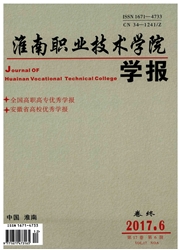

 中文摘要:
中文摘要:
我国绝大多数的优秀旅游城市患有城市旅游“贫血症”,重要的原因是传统旅游资源贫乏,这些城市发展城市旅游的必然途径就是走“人工化”道路,包括建造主题公园。近年来我国主题公园建设的新动向是集群化发展,这在旅游资源相对贫乏的旅游城市尤为突出。因此,主题公园集群化发展的意义、主题公园集群的结构和影响因素、主题公园集群的形成机制、主题公园集群的发展模式便成为着重探讨的问题。
 英文摘要:
英文摘要:
Most of the outstanding tourist cities in China suffer from city tourism "anemia", and the main reason lies in the traditional poor tourism resources, so the necessary way to develop tourism in these cities is an "artificial" road, including construction of theme parks. In recent years, the new trend of theme park construction in our country is undergoing kind of cluster development, especially in those cities whose tourism resources are comparatively deficient. This paper discusses the significance of cluster development of theme parks, their structure and influencing factors, together with its formation mechanism and development patterns.
 同期刊论文项目
同期刊论文项目
 同项目期刊论文
同项目期刊论文
 期刊信息
期刊信息
